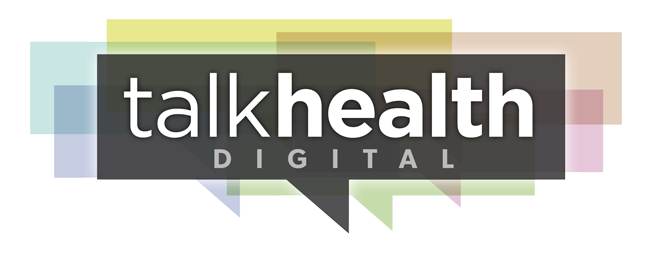Help the NHS – by reconnecting patients with HCPs
Over the past few months, coronavirus has dominated everything. That’s to be expected; it’s crucial that we spread awareness of how the disease is spread and treated. But is all this focus on COVID-19 at the risk of neglecting education around other illnesses?
Health experts are now warning that we may be about to experience a ‘hidden health pandemic’ caused by patients not seeking help with serious conditions early enough. NHS England is warning the public to seek help for cancer symptoms as new research has revealed that half of the population is worried about seeking help during the coronavirus pandemic.
Interestingly, that reluctance to seek help is coinciding with a thirst for information coming from healthcare companies.
When talkhealth recently launched our new coronavirus newsletter, we asked our members about what kind of information and support they needed right now. Within 24 hours, we had over 2,000 replies; around 77% of people said they wanted to hear directly from pharmaceutical and healthcare companies – which as we all know, is quite unusual.
With people not going to the NHS as much as they used to, it’s crucial for healthcare companies to stay in contact with patients – particularly in regards to disease awareness on things like heart attacks, strokes and mole issues.
talkhealth’s CEO Catriona Williams says she’s concerned about the potential slid backward in public health education.
’One of my big concerns is that while the awareness has been raised over the years, people will now say “oh, I’ll leave this lump or mole for another couple of months” and then when the time comes, they’ll think the lump or their symptoms have “disappeared” – or at least, not got worse. That then lures them into believing it’s no longer a problem.
‘We all know that these issues don’t go away, so we’re pushing for healthcare companies to encourage their customers to reach out to their patients now.
If you want to help the NHS, we’ve got to encourage and reassure people to get in contact with their doctors. It’s also up to us to keep up educating people in looking out for those early warning signs
One in 10 people says they wouldn’t contact their GP even if they had a lump or new mole that didn’t go away after a week. That’s a massive problem.
‘Given that the lifetime risk of cancer affects more than 1 in 3 people, that’s a statistic that cannot be ignored, even in the face of a pandemic,’ explains consultant dermatologist Dr Sharon Wong.
‘It’s all about timing – the sooner you’re diagnosed, the better your chances. All that public awareness about catching cancers early has been overshadowed by the “stay at home” coronavirus information.
‘At the end of the day, other non-covid related medical conditions such as cancers, heart attacks and strokes are still happening – timing is absolutely key in terms of early diagnosis and treatment to give patients the best outcome’
While no one is disputing the importance of social distancing to contain the current pandemic, it’s important to point out that around this time of year, dermatologists tend to receive a wave of referrals from GPs and self-referrals with concerns about moles and possible skin cancer.
‘As the weather gets better, people are outdoors more and start to see skin they’ve not exposed over the winter months,’ Dr Wong says.
‘The worry is that we’re not seeing those numbers of referrals at the moment. How many of these early skin cancers are we missing now? People might come in for many months later when what would have been pre-cancerous or a thin melanoma is diagnosed at a much later stage as a thick melanoma when the prognosis is significantly worse. The pandemic is coinciding with the time that we dermatologists tend to see an influx of patients coming in with new lumps and bumps and changing moles which could be formative skin cancer. Where are those referrals?’
Now is the time to really push forward your communication plans with an emphasis on disease awareness before a willing audience who have explicitly said that they want to hear from you.




